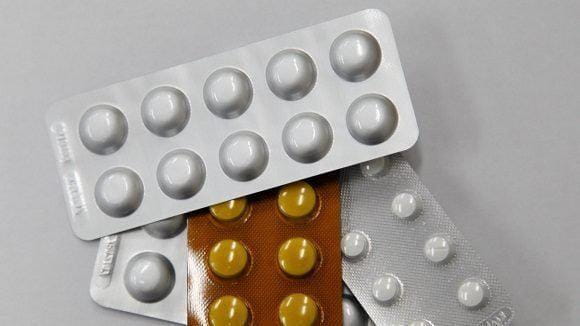
New resolution established for medicines that require greater control in the country
Dr. Carmen Borrego Calzadilla, head of the Mental Health section of the Ministry of Public Health, announced this Saturday, 19 January, the approval of Resolution No. 25 of 2022, which will be published next 21 February in the Official Gazette of the Republic, related to the control of those medications that need greater control.
In his intervention in the radio-television program Mesa Redonda, he pointed out that the country is working intensively on the medical prescription and control of drugs to avoid their improper use.
He affirmed that this is a scourge that destroys the human being, the family and society and in these two years of the COVID-19 pandemic, they have also worked to maintain low levels of morbidity due to this cause.
He mentioned that during this time, the vitality of mental health services and psychosocial support was maintained, and the regulatory framework of the current strategy for prevention and integral attention to addictions was updated.
This strategy, he added, has important components ranging from health promotion and education to communication to influence the population's perception of risk using all tools, including social networks and the media.
Borrego Calzadilla highlighted that the service of the confidential anti-drug hotline was also extended, the link was maintained through WhatsApp groups and work was carried out jointly with the Federation of Cuban Women in the identification of manifestations of violence, "because this is a phenomenon that must be looked at in a comprehensive manner to preserve mental health," she said.
The specialist mentioned that the MochiMente application was developed, a compendium of didactic materials for children, adolescents, family and health personnel about self-care and self-responsibility.
"We cannot change the increasing presence of drugs in the world or their decriminalization in some countries for medicinal or recreational purposes, but we can have an impact on the perception of risk in our population, mainly in the youngest," she stressed.
The head of the Mental Health section stated that drug use has a negative influence on the immature nervous system of adolescents, hence the importance of giving them the tools to decide what is best for their health.
He pointed out that in the Cuban municipalities there are community mental health centers that are integrated with the different institutions to accompany the Cuban family, also in the face of this scourge.
Borrego Calzadilla insisted on the preventive, control and supervision work of the MINSAP, which has been a member of the National Drug Commission since 1999.
In addition, they have a National Program for the Prevention and Control of Addictions and an Action Plan with multidisciplinary and intersectorial participation, which over the years has been perfected according to the behavior of the phenomenon worldwide.
In her speech at the Round Table, Dr. González Menéndez also highlighted the work of Professor Ricardo González Menéndez and his contributions in the defense of youth, the family and those who are victims of drugs.
The professor, she said, initiated the path in the organization, the updating of the Program and contributed to put an integral look on risk groups such as the infant-juvenile population.
Source: ACN
Photo: Taken from Cubadebate